Florida’s new “Don’t Say Gay” bill threatens LGBTQ+ students’ safety
Brandon Wood, a teacher at Manitou Springs Elementary School, came out as nonbinary last school year. They serve as an advocate for equity for LGBTQ= teachers and students on several district committees.
February 24, 2022
Brandon Wood, a first-grade teacher at Manitou Springs Elementary School (MSES), came out as nonbinary last year. “It’s been pretty good. The other teachers/staff have been understanding as I transitioned from Mr. Wood to Teacher Wood,” they said. Many others are not as lucky to have the same experience.
Having a supportive adult in an LGBTQ+ student’s life reduces the risk of them attempting suicide by 40%, and when only one in three LGBTQ+ students describes their parents as supportive, teachers who you can talk with and who can support you in your gender identity and sexual orientation is crucial. Florida’s new bill disregards this and is ignorant of the damage it causes.
If it passes through the Florida Senate and House of Representatives, bill 1557, or the “Parental Rights in Education” bill will go into effect on July 1, 2022. The bill follows a list of similar policies in Florida, with the aim of giving parents more control over their child’s education.
There are three main parts to the bill. First, it requires that school districts notify parents if there is a change in their student’s services related to their well-being. Next, it prohibits school districts from withholding information about a student’s well-being from parents. Finally, it restricts discussions about gender identity and sexual orientation while completely banning those discussions in primary grades. If a school district doesn’t act in accordance with the bill, parents can sue.
The language used when talking about gender identity and sexual orientation is vague. “A school district may not encourage classroom discussion about sexual orientation or gender identity in primary grade levels or in a manner that is not age-appropriate or developmentally appropriate for students,” the bill reads. Who decides what is “age-appropriate?” What does it mean to “encourage” those discussions? The bill leaves many questions unanswered.
Even if the language used wasn’t confusing, it still tries to solve a problem that doesn’t exist. The bill implies that LGBTQ+ topics aren’t appropriate for children, even though most children know their gender identity at age five. Teaching difficult topics in an age-appropriate manner has always been part of a teacher’s job, and something that shouldn’t be in the states’ hands.
The first part of the bill would require teachers to tell parents if a student discloses being LGBTQ+, which is a safety issue. You never know how a parent is going to react until you tell them, and telling parents can violate a student’s trust and leave them in a vulnerable position. Students have the right to withhold that information from their parents, especially as it’s usually for good reason.
Unsafe or unsupportive school environments, like the ones that would result from bill 1557, have a detrimental effect on students’ education.
“Hostile school climates negatively affect LGBTQ students’ mental health and educational outcomes,” said GLSEN, an organization created to help provide safer school environments to LGBTQ+ students. “LGBTQ students who experienced high levels of anti-LGBTQ victimization were nearly twice as likely to report they do not plan to pursue post-secondary education. Also, LGBTQ students who experienced high levels of anti-LGBTQ victimization and discrimination had lower GPAs, lower self-esteem, and higher levels of depression.”
Even among those who don’t receive the support they need from family, LGBTQ+ youth with trusted adults in their school have higher levels of self-esteem and access to supportive peers.
“The evidence continues to show that key interventions are working to improve students’ lives,” said Eliza Byard, GLSEN Executive Director. “Who wouldn’t want LGBTQ youth to feel safe and do better in schools?”
Schools have a responsibility to support and protect their students.
“I like to use peanut butter allergies as an analogy for supporting LGBTQ+ folx,” said MSES teacher Brandon Wood. “When someone has a peanut butter allergy, don’t keep it a secret or make rules that say we cannot support the student with the allergy. We make new seating arrangements at lunch and around the school to make sure they are and feel safe and respected. Supporting LGBTQ+ students and staff has similar health/life-saving effects. Furthermore, no matter what a student’s unique needs are, schools always have a responsibility to accommodate those needs.”
District 14 is currently revising its policy surrounding gender identity.
“They have enlisted the district Diversity, Equity, and Inclusivity committee to look at Manitou Springs policy as well as other districts’ policies,” Wood said. “The new policy is still in the works, but it seems very positive, honoring, and supportive of students’ and staff members’ gender identities.”
Wood recommends that students reach out if they are struggling. School counselors and other trusted adults are always a good place to turn. Websites like GLSEN, It Gets Better, and The Trevor Project can provide support. Inside Out, an LGBTQ+ youth organization in Colorado Springs is a place students can go to receive help in person.
“If your goal is to facilitate societal change, then being prepared to have productive conversations is the best thing you can do,” Wood said. “Most people want kids to feel safe in their own identity. Start your conversation by finding something you have in common and see how your commonalities can come together to benefit all kids irregardless of their gender identity. Finally, think about what the world would look like if your goals were to succeed. Use your own unique and exceptional traits, interests, creativity, and skills to find your own way to facilitate that world you dream of.”
Bill 1557 is one of many troubling bills being pushed that try to limit the rights of LGBTQ+ people, especially students and athletes. It is essential that people stay aware and do what they can to push for better policies.
“Remember that there are lots of folx trying to make a difference as well. You are not alone,” said Wood.

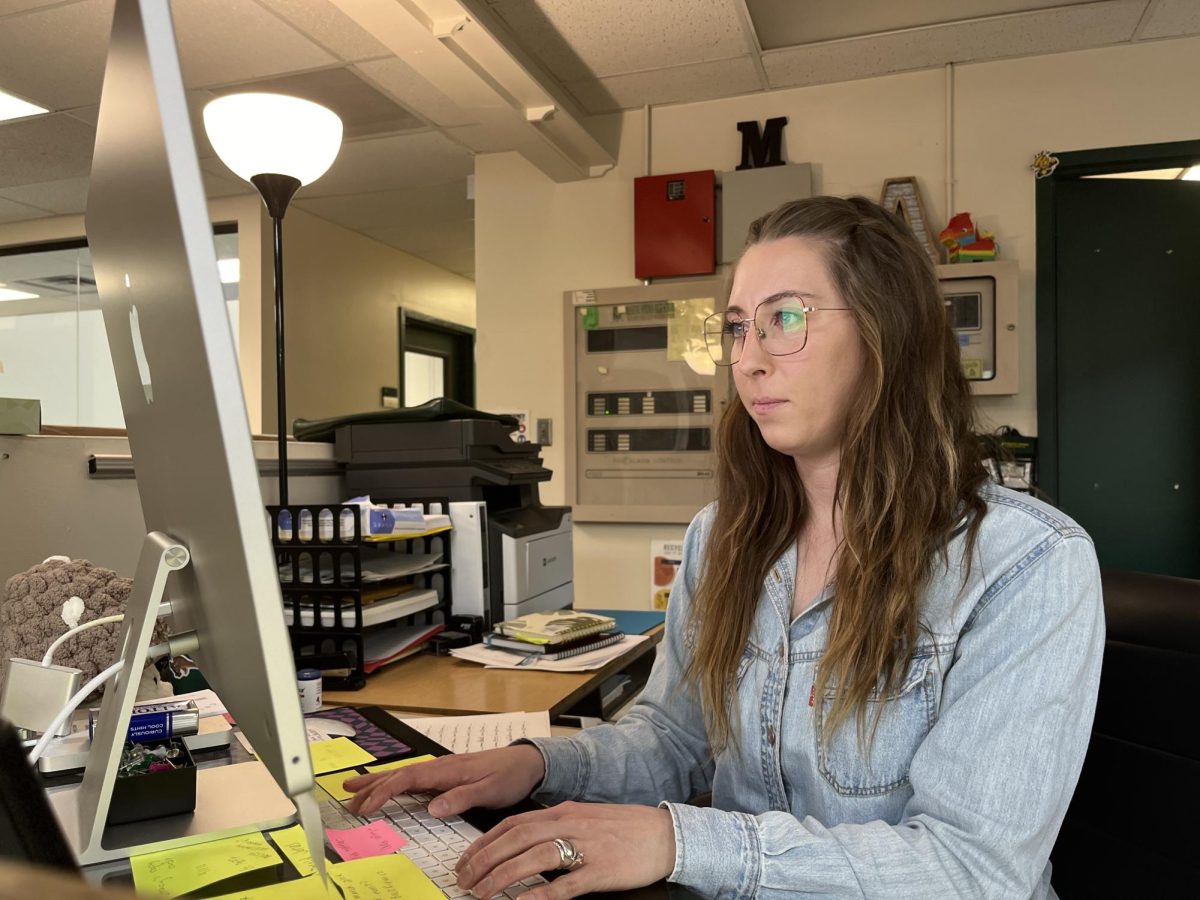

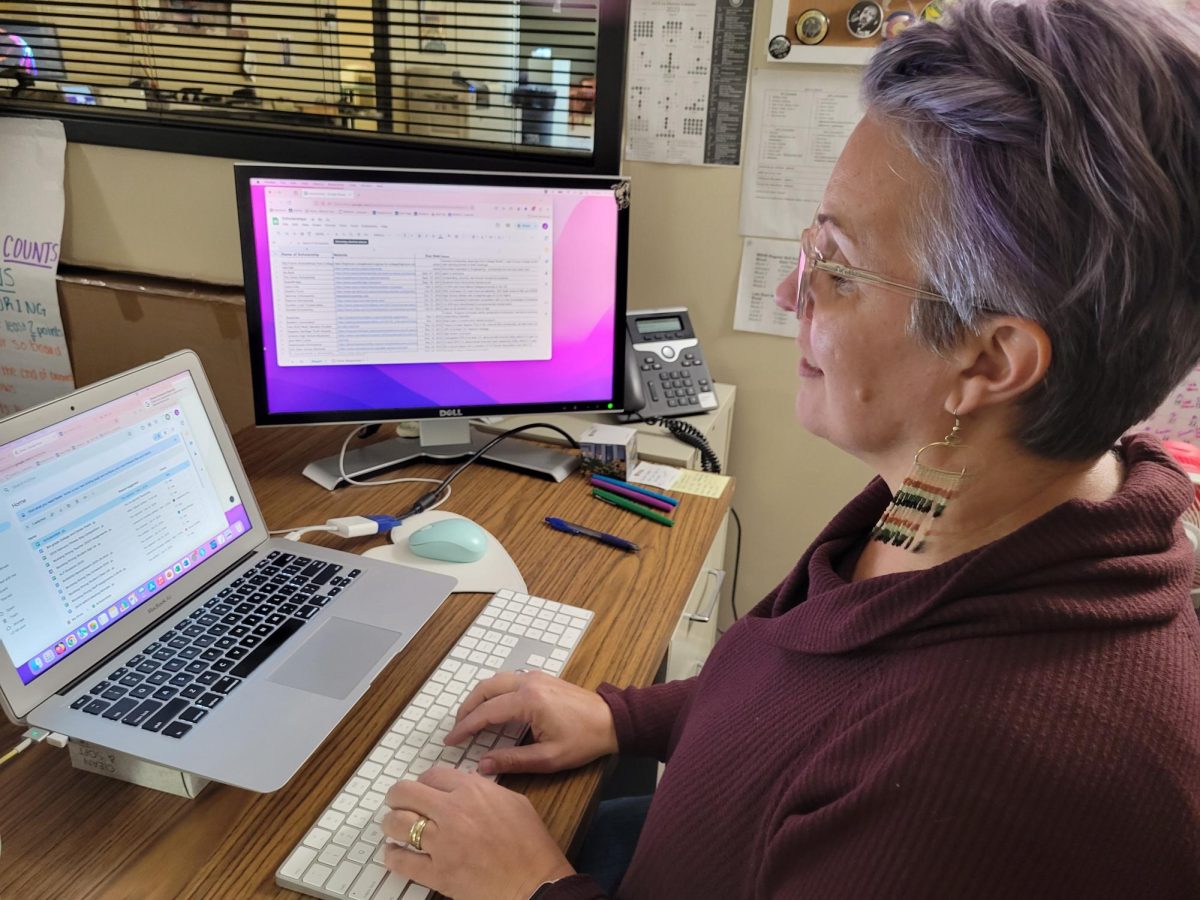

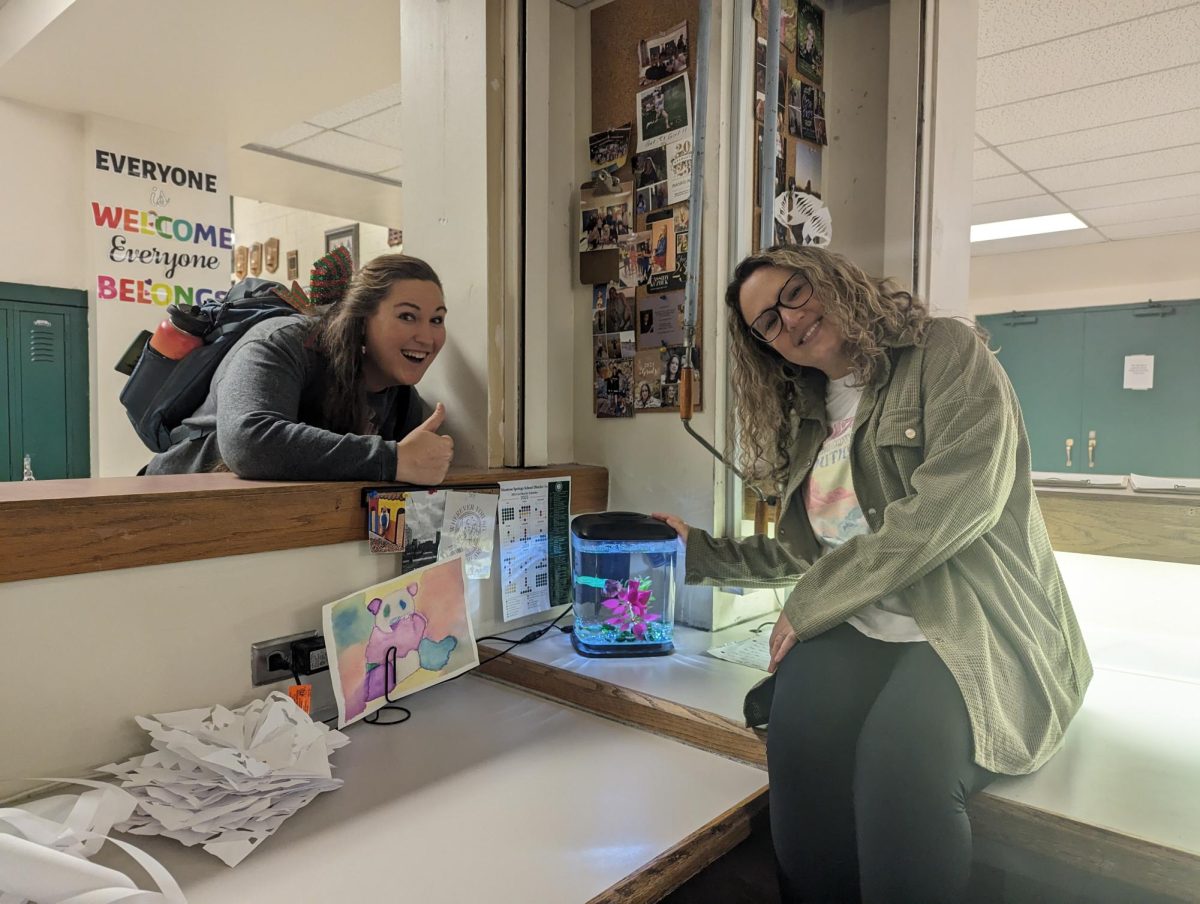




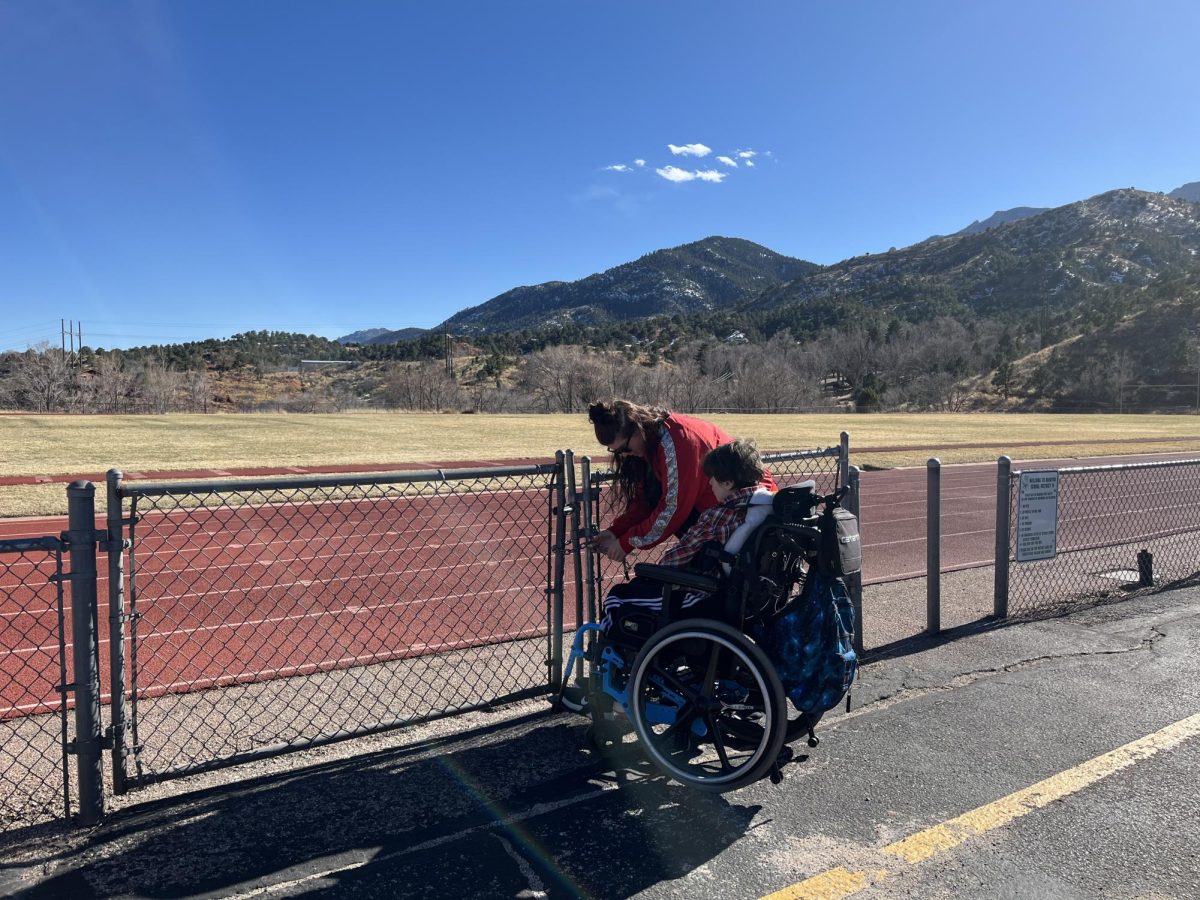
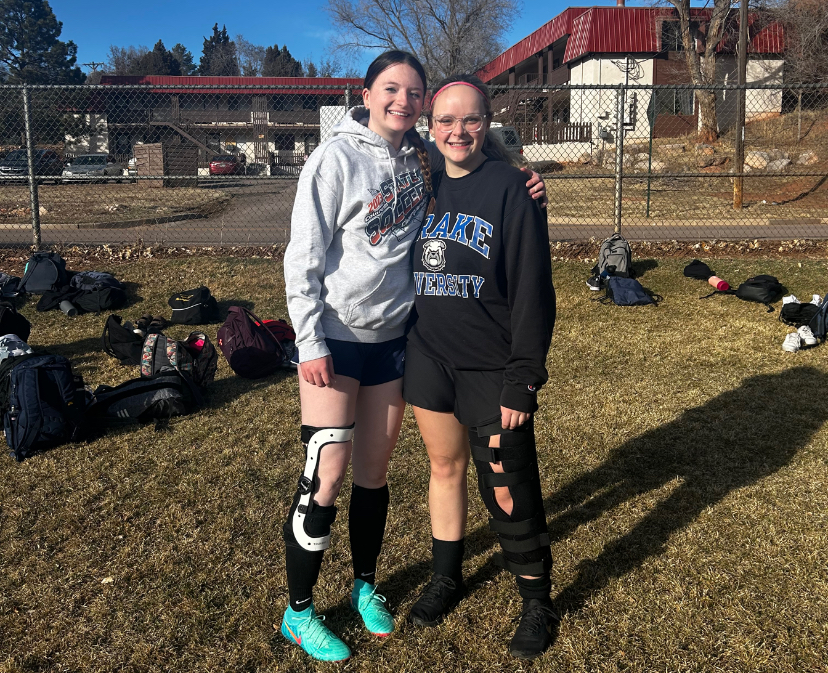





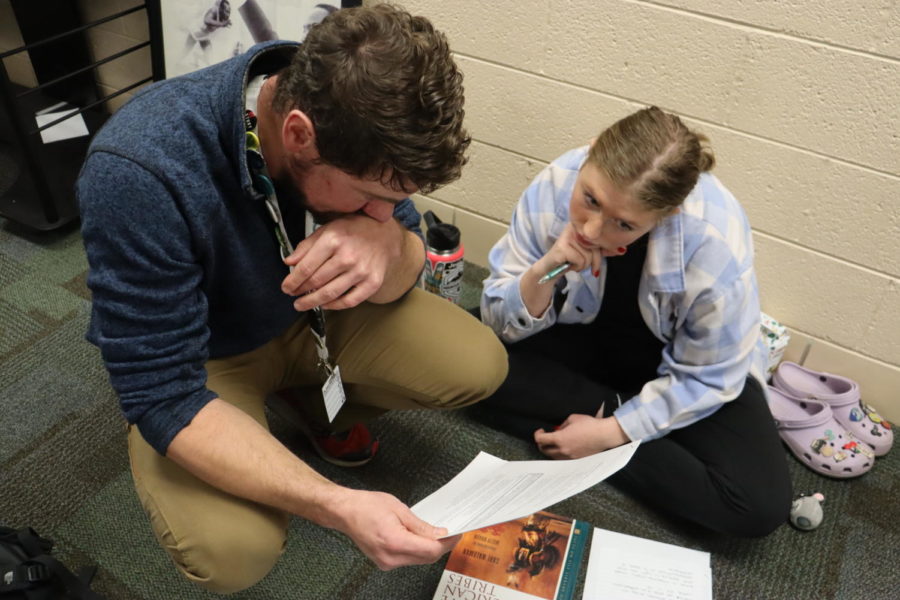



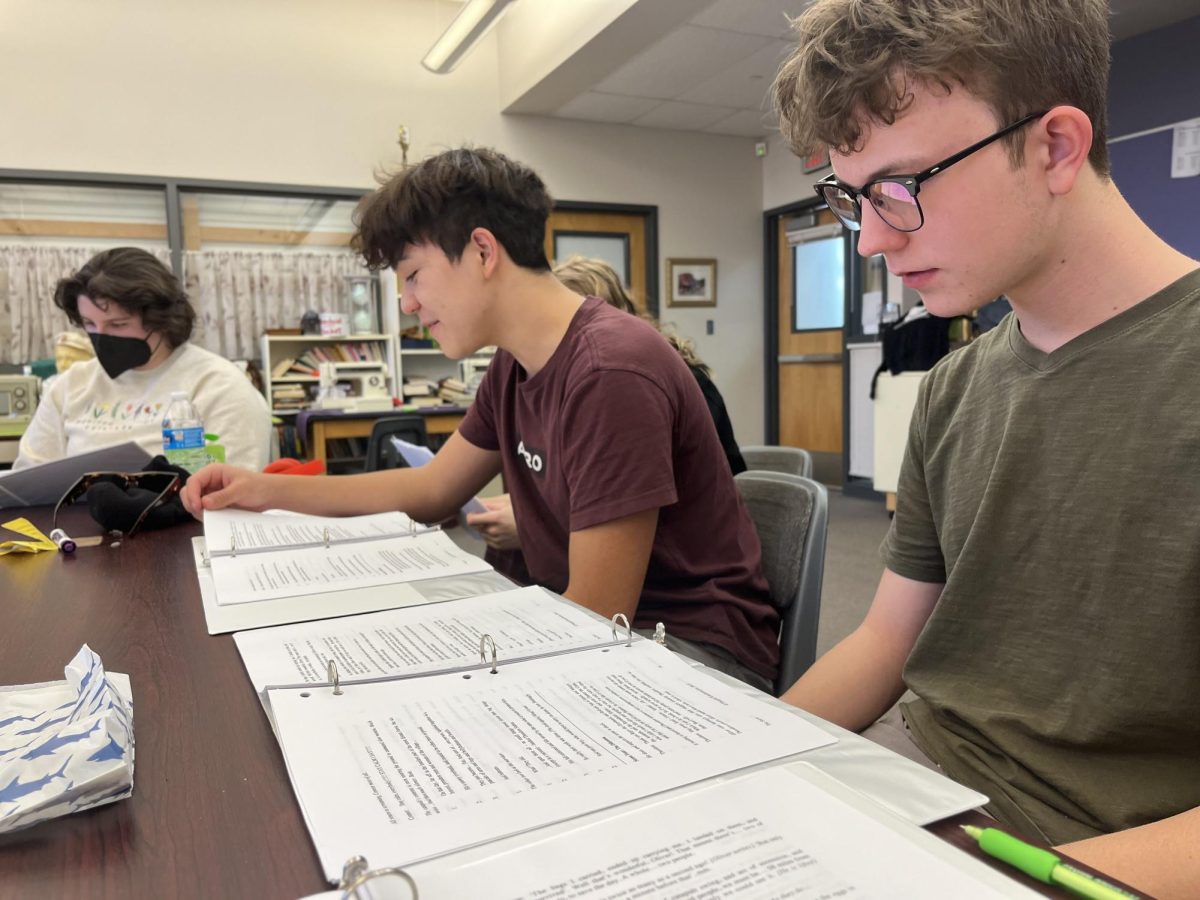












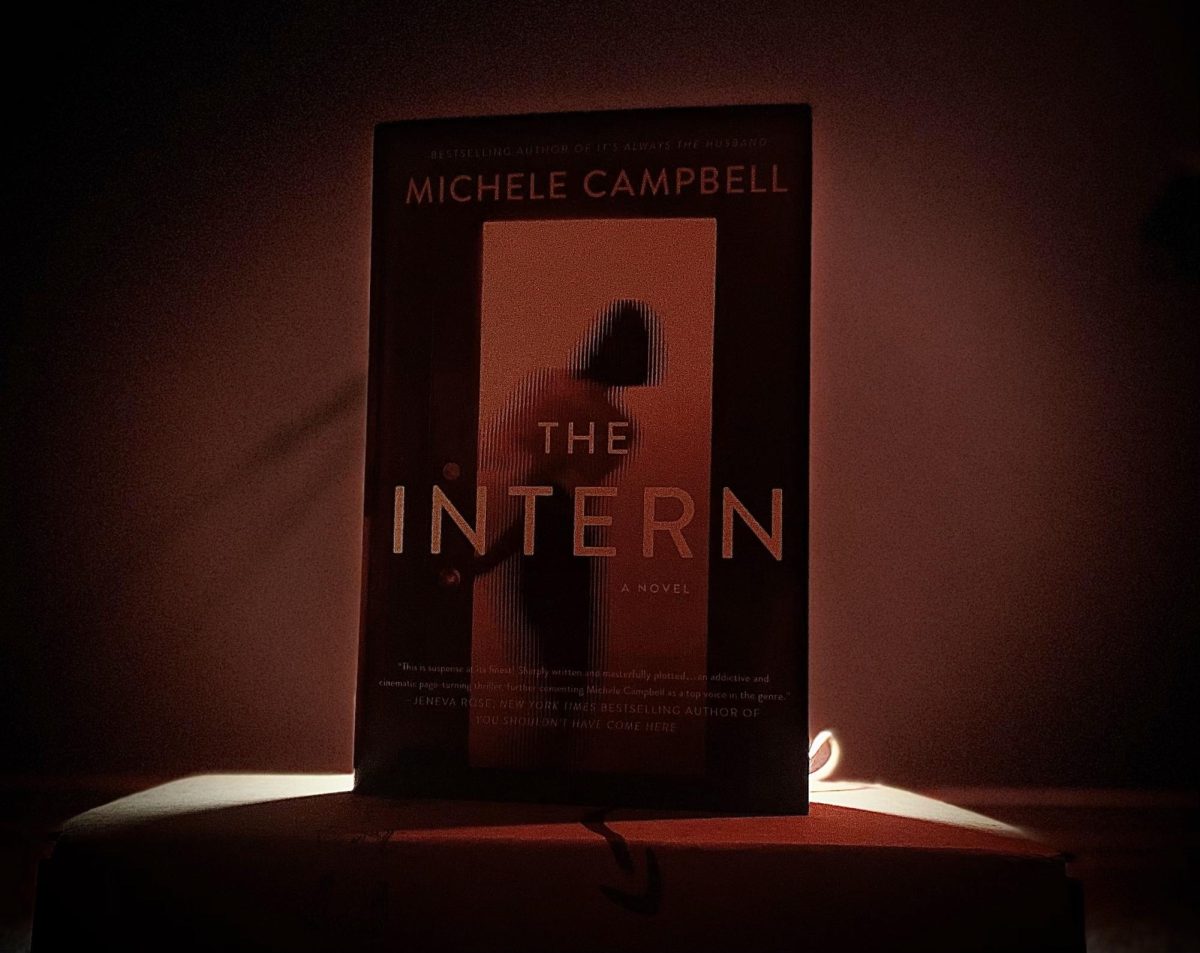















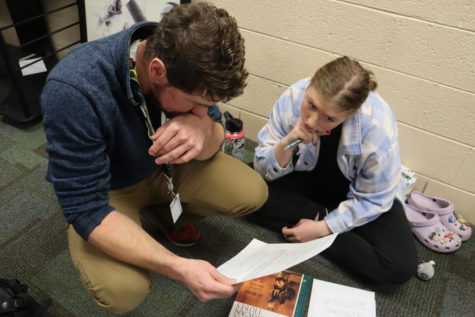
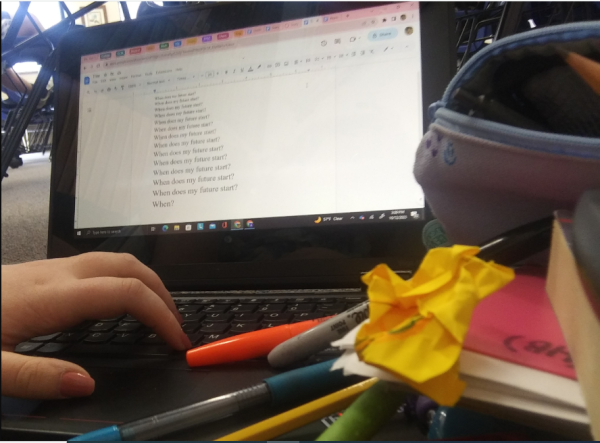




Dalton Gates • Mar 7, 2022 at 1:36 pm
I would like to congratulate you, Ethan Anderson.
For your ability to explain these complex topics and there many possible outcomes, and for explaining all of these topics eloquently and clearly to your audience.
Can’t wait to see your future work, explaining and reporting on these important and needed topics.
Evelyn Clark • Mar 7, 2022 at 1:35 pm
I think that if this bill is passed then it will cause way more problems then there supposedly already are. The author did a great job and all the info is really thorough.
Lana Kahtava • Mar 7, 2022 at 1:29 pm
Im so glad people are finally bringing this to light and having a voice on this topic. This is also teaching people who dont really know about this bill and how this can effect or harm people. This bill has been on my mind ever since I’ve heard about it. But I never wondered how it could effect our community as a whole. Im so glad Manitou springs is a supportive and safe environment for everyone.
Sage Nelson • Mar 7, 2022 at 1:27 pm
I love that the teachers feel comfortable enough at this school district to come out!
Kian O (12) • Feb 25, 2022 at 9:26 am
Bringing attention to issues regarding child safety is essential. This article reinforces the idea that schools should focus on supporting LGBTQ+ individuals. It seems like Florida is trying to make schools even less successful by making teachers spend time notifying parents. This article’s consideration for how the bill’s vague language sets up potential issues for the school systems is insightful.
Asher Evans • Feb 25, 2022 at 9:06 am
Great article! There’s a lot of good info in here, stuff you don’t hear a whole lot about elsewhere. I like the language used in this article and how I don’t have to be a darn lawyer to know what you’re saying. It’s laid out very well and easy to follow. I can tell that this is well researched and that the author knows what they are talking about.